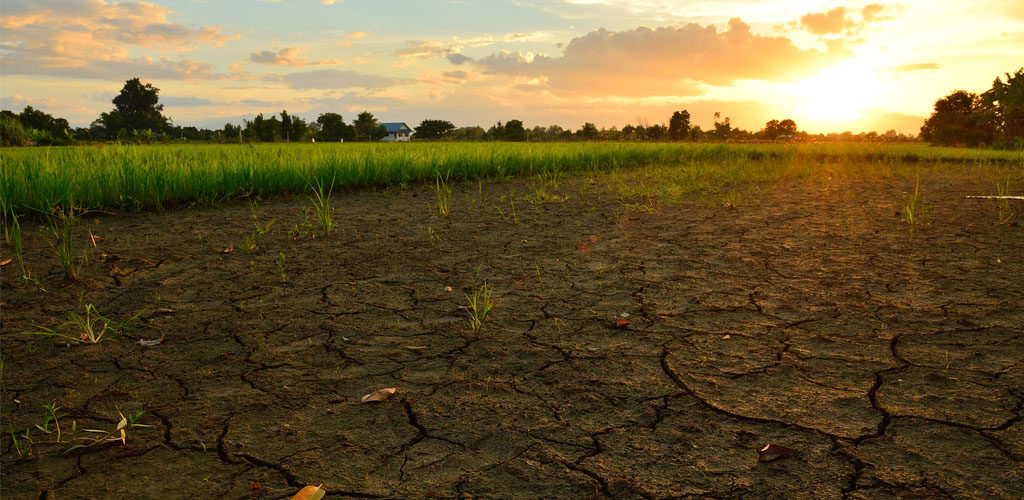Listening to Professor Lesley Hughes at the ARRCC Climate Change conference is a very sobering thing. The mess that we are in is evident from the data. You might imagine that this data about the consequences of unchecked climate change would be motivating our governments to set firm policies in place to both mitigate its effects as well as reduce the cause. Yet the signs are not good.
Our government has been assessed by Climate Tracker as deliberately delaying climate action (like the US).
Australian emissions are at a seven year high and are continuing to rise. The Government is committed to opening new coal and gas mines and new coal-fired power stations, which are one of the largest emitters of carbon dioxide, whilst simultaneously putting roadblocks to establishing renewable energy. They have dismissed the findings of the IPCC 1.5 degree report, and have failed to contribute to the Green Climate Fund.
Fossil fuel extraction is subsidised to the tune of $29 billion per annum (that is a cost of $1,198 per person) (source IMF). Rather than actually reduce emissions, they are sneakily planning to use carry over credits from Kyoto to “meet” their Paris targets.
In case any of us were thinking that Australia is a small population with correspondingly small emissions, our exports tell a different story. In 2016, Australia was the biggest net exporter of coal, with 32 percent of global exports (389 Mt out of 1,213 Mt total), and was the fourth-highest producer with 6.9 percent of global production (503 Mt out of 7,269 Mt total). 77 percent of our coal production was exported. We are responsible, at least in part, for those emissions as well.
All of this made me feel very pessimistic. Is there any hope? I talk to the attendees around me, people not only from our church and other churches, but Jews, Muslims, Buddhists, Quakers and Hindus. They express the view that hope is really the best thing we have going for us. Despair, whilst a realistic response when seeing the data, is not a helpful space to dwell in. Mobilising people in our churches, forming networks, and protesting to push our government to take meaningful action on climate change is really an imperative.
Taking seriously our consumerist lifestyles and changing then is a great challenge in a society based on cheap goods, acquisition and “lifestyle”. Our use of air travel, addiction to cars and to lots of meat, is contributing to the problem.
Perhaps our churches could encourage people to think more about our lifestyles, and encourage them to live more simply, use more public transport or cycle or walk
Community organising has been shown to be a good step in engaging others, as engagement in an action helps both attitudes and behaviour.
There is always hope.
Rev. Elizabeth Raine












